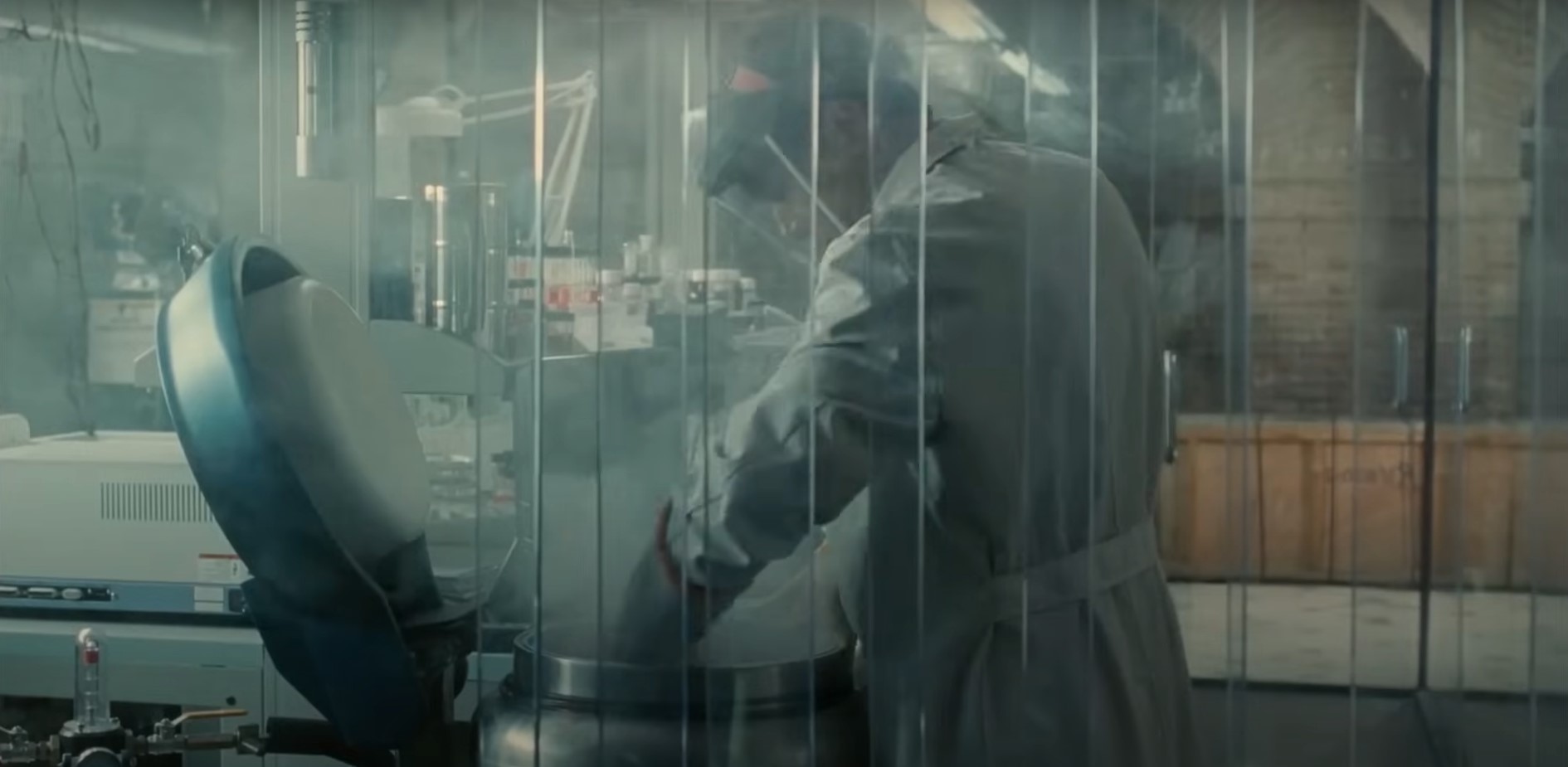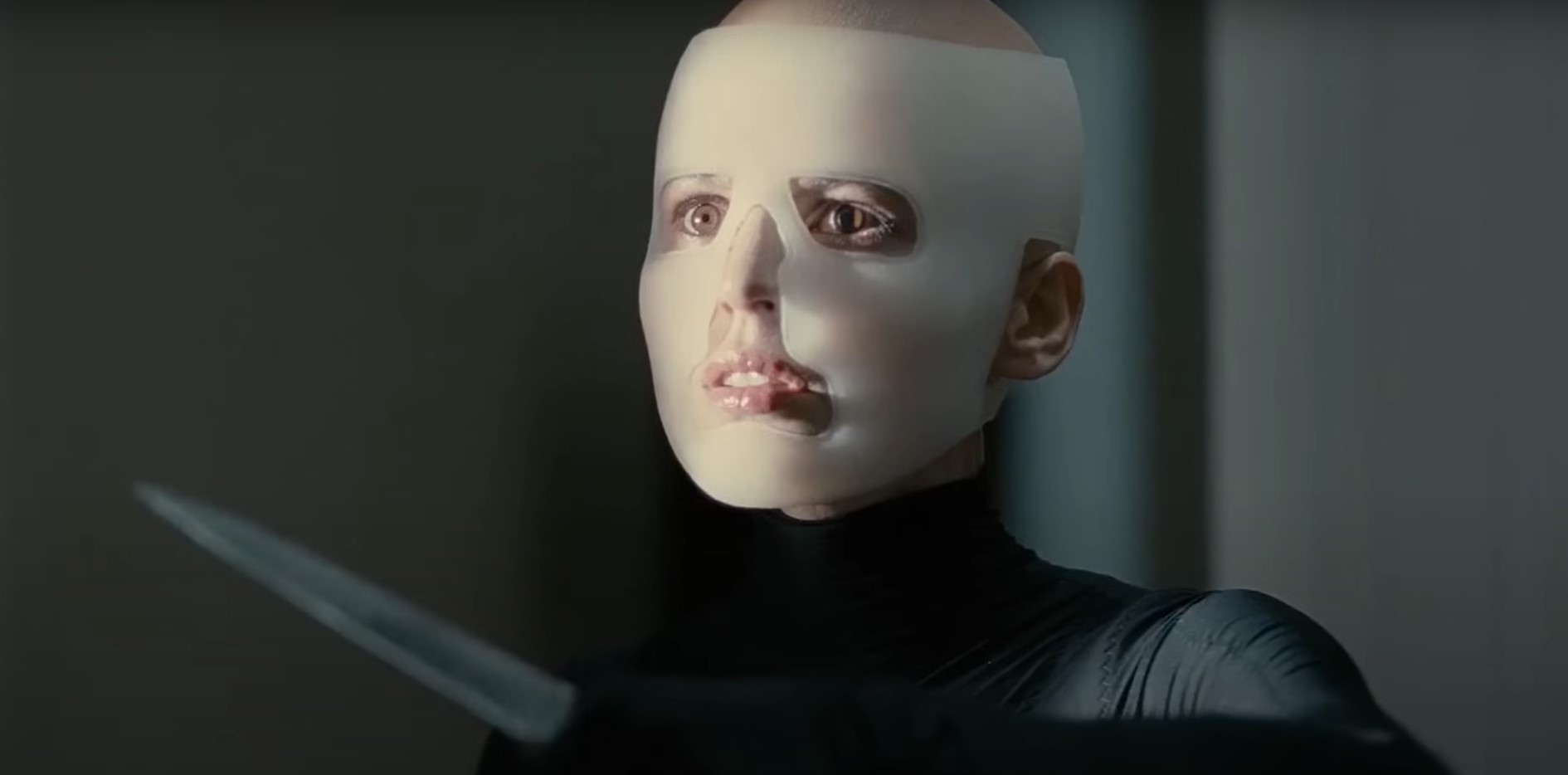This article explores how identity and the perception of others influence each other, and how an individual’s identity is shaped and changed by social relationships and the outside world.
Cell Membrane
The characteristics of living things include cellular organization, metabolism, response to stimuli, homeostasis, development and growth, reproduction and inheritance, adaptation and evolution, but viruses are not classified as living things because they are not composed of cells. It is also possible that the reason there is no “life” elsewhere on Earth is because we have not found anything that metabolizes, and that our definition of “life” is based on humanity’s definition of metabolism. So how far can our definition of “life” go? If life exists outside of our planet, it could be in a completely different form that we can’t judge by human standards. This reminds us of how anthropocentric and limiting our definition of life can be. In this way, the identity of something is defined from the outside. Viruses don’t care if humans define them as living things or not. Whether or not they are defined as living things is completely irrelevant to their lives. Instead of a cell membrane, viruses utilize a protein shell. It is their “skin” and body that they live in. Unlike viruses, for humans, how we are seen by others is very relevant to our lives. In our society, identity is not just an individual thing, but something that is constantly being formed and changed in social relationships.
How you feel about yourself is one thing, but how you are perceived by others is another. When he goes home and says, “I’m Vincente,” he is not Vincente, he is Bella. If there had been a person named Bella, and she had been molded into the shape of Vincente, his mother might have recognized and accepted her as “Vincente, whose personality had changed during the time he was missing. It is also difficult to separate the physical and tangible from the mental aspects of perceived identity. Robert’s identity would have been that of a husband to his wife, a father to Norma, and a plastic surgeon. He is still a husband and Norma’s father, but his wife and Norma no longer exist, i.e., he lacks a real, physical identity. In this way, identity is defined by physical reality and social context. This suggests that an individual’s identity is not simply made up of personal perceptions or feelings, but is constantly being reconstructed through interactions with the outside world. For humans, at least, identity is more about how we are perceived by others than how we feel about ourselves. If we focus on how we are perceived by others, we can naturally assume that the importance of identity comes from our distinction from others. As such, the preservation of diversity becomes an essential issue to consider.

Cultivation
When it comes to preserving diversity, humans are always wary of the research and utilization of science and technology, especially when it comes to life. This is because advances in science and technology can lead to increased diversity, but they can also lead to decreased diversity. This wariness stems from the fear of potentially threatening human survival. For example, advances in gene editing technology could lead to the favoring of certain traits, which in turn could harm human diversity. But at the same time, these technologies also offer the possibility of preventing or curing deadly genetic diseases. That’s why access to science and technology should always be coupled with ethical considerations. If there are certain preferred human traits, and gene editing is used to pursue them, it will result in a reduction of diversity. However, before these technologies can be utilized, we need to be vigilant about the ethical issues raised by other scientists regarding Robert’s skin grafting surgery, and ensure that research is based on human subjects. Considering what determines identity, it makes us think about the extent to which research that may affect identity can be conducted and utilized, and whether ethical issues need to be raised if the identity subject’s wishes are clear. Of course, it would be difficult to say that ‘Robert’ did not violate bioethics by forcing himself to perform these experiments just because he was motivated by a personal event.

Immune response
Considering that the movie uses the device of ‘reversal’ to create a ‘shock’, the biggest shock that the movie intends to create is that Vera, Robert’s patient, is actually Vincente, the man who caused the death of his daughter Norma. However, this twist is not so surprising in the sense that it is a manifestation of Robert’s desire for revenge. Nevertheless, it poses a moral dilemma for the audience and makes them reflect on the complex feelings between revenge and justice, forgiveness and retribution. This suggests that it is not just a cinematic device, but a real-world ethical issue. Zeca had an affair with Robert’s wife and ran away, which led to her death. And as if that wasn’t enough, when he finds Bella, Robert’s wife, he rapes her without a second thought. Vincente also rapes Norma to death and makes excuses to survive, but never shows any real remorse. Although he is not the direct victim, both his wife and Norma are a large part of his identity, leaving Robert as the only remaining victim. Zeca and Vincente are like pathogens in the body. There is nothing good that comes from having them in your body. Even vaccines, which are intentionally injected into the body, are meant to ward off additional antigens. We have an immune response to invading pathogens, and the key to that immune response is memory. A normally developing body has an instinctive way of remembering previous pathogens, or antigens, that it has encountered.
It’s not uncommon to see unorthodox and intentional behavior like that of Zeca and Vincente in movies. I used to wonder. It is said that it is better to forgive than not to forgive in order to be happy. And the reasons given for this include the unnecessary expenditure of emotions. The immune response, of course, involves the expenditure of energy and matter, and collateral damage. Therefore, the decision to express certain behaviors is often based on a comparison between the benefits and opportunity costs of doing so. The events in the movie raise the question of what forgiveness really is, and make the audience think about the limits of human forgiveness. We come to realize that forgiveness is not a simple choice, but a complex psychological and moral process. Considering this, this story about the desire that remains between the disintegration of various characters’ identities makes us reflect on the true meaning of forgiveness.
 I’m a blog writer. I want to write articles that touch people’s hearts. I love Coca-Cola, coffee, reading and traveling. I hope you find happiness through my writing.
I’m a blog writer. I want to write articles that touch people’s hearts. I love Coca-Cola, coffee, reading and traveling. I hope you find happiness through my writing.